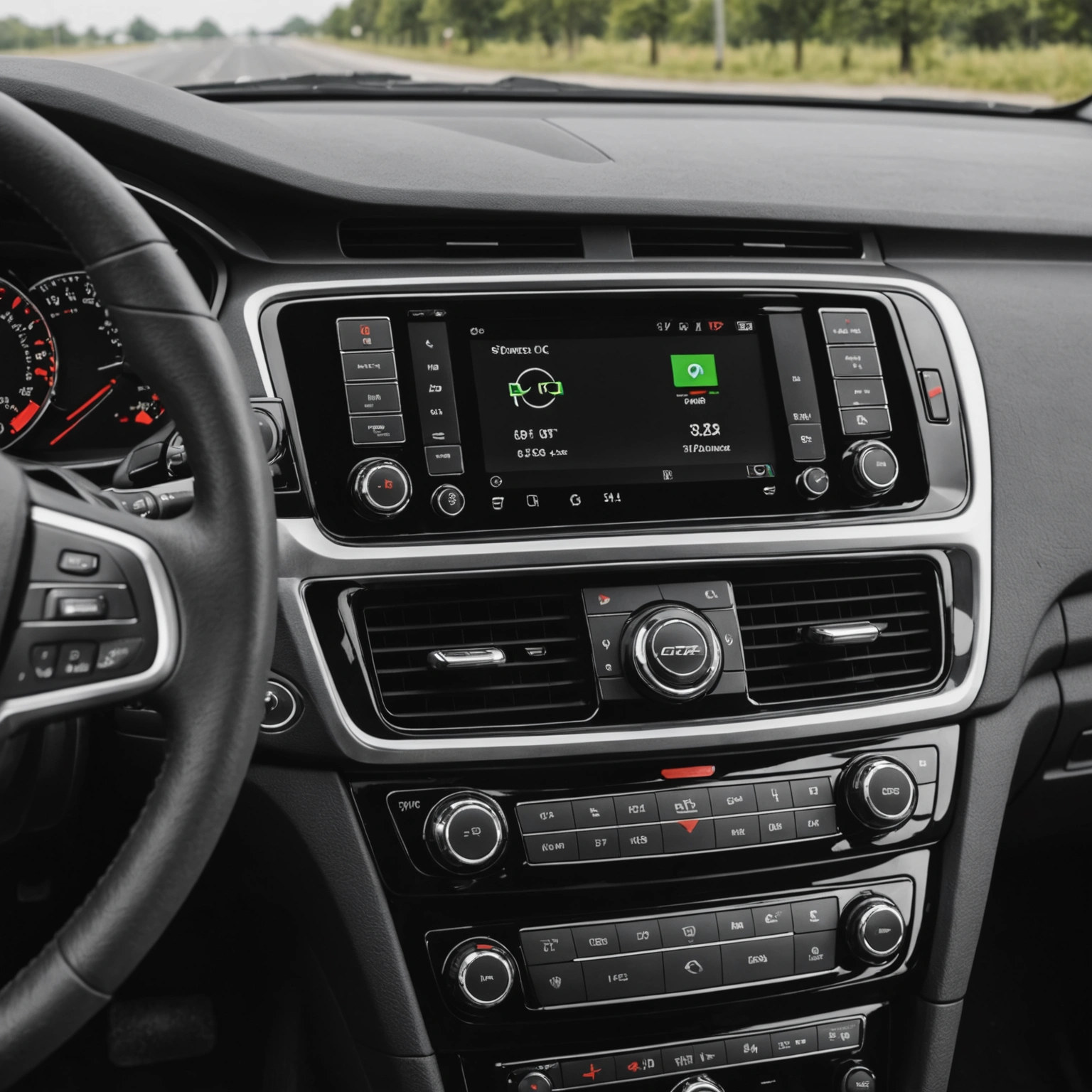**Why Does My Car AC Smell Like Vinegar? Here’s What You Need to Know**
If you’ve noticed a strong vinegar smell emanating from your car’s air conditioning system, you’re not alone. This peculiar odor can be quite unpleasant and may raise concerns about your vehicle’s health and air quality. Let’s explore why this smell occurs and what you can do to eliminate it.

### Common Causes of a Vinegar Smell in Your Car AC
1. **Mold and Mildew Growth in the Evaporator Coil**

The most frequent culprit behind the vinegar smell is mold or mildew buildup inside the evaporator coil or the HVAC system’s ductwork. Moisture accumulates in these areas, especially if your car has been parked in humid conditions or if the AC isn’t used regularly, creating an ideal environment for mold growth.
2. **Bacterial Contamination**

Bacteria can also thrive in the damp environment of the AC system. Their metabolic processes produce various odors, including sour or vinegar-like smells. This is often exacerbated by residual moisture or debris trapped in the system.
3. **Residual Cleaning Agents or Chemicals**

If you recently used an AC cleaner or had your system serviced, residual chemical odors might linger and resemble vinegar. Sometimes, cleaning agents can react with internal components, leading to a sour smell.
4. **Clogged or Dirty Cabin Air Filter**
A dirty or clogged cabin air filter can trap moisture and debris, fostering bacterial or mold growth. Replacing or cleaning the filter can help reduce odors.
### Why Does the Smell Specifically Resemble Vinegar?
Vinegar, primarily acetic acid, has a sharp, pungent smell. When mold, bacteria, or residues produce acetic acid or similar compounds during their metabolic activities, the resulting odor can resemble vinegar. This is especially common in environments with high humidity and moisture.
### How to Get Rid of the Vinegar Smell
1. **Replace the Cabin Air Filter**
Start by replacing the cabin air filter. This simple step can significantly improve air quality and reduce odors.
2. **Run the AC with the Windows Down**
Turn on the AC and set it to the maximum fan speed with the air recirculation off. This helps dry out the evaporator and ductwork, reducing mold and bacteria.
3. **Use an AC System Cleaner**
Specialized disinfectant sprays designed for automotive AC systems can eliminate mold, bacteria, and odors. Follow the manufacturer’s instructions carefully—usually, you spray the cleaner into the air intake or the vents while the system is running.
4. **Clean or Service the Evaporator**
If odors persist, professional cleaning of the evaporator coil might be necessary. Mechanics can access and thoroughly clean this component to remove mold and debris.
5. **Ensure Proper Drainage**
Check that the AC drain tube isn’t clogged. A blocked drain causes water to accumulate, creating a breeding ground for mold. Clearing the drain ensures proper moisture removal.
6. **Use Odor Absorbers**
Activated charcoal or odor-absorbing gels can help neutralize lingering smells inside the vehicle.
### Preventative Tips
– Regularly run your AC, even during colder months, to prevent moisture buildup.
– Periodically replace the cabin air filter.
– Keep the interior dry and clean.
– Have your AC system inspected and serviced annually.
### Final Thoughts
A vinegar smell coming from your car’s AC is typically a sign of mold, bacteria, or moisture issues within the system. Addressing the root cause promptly not only restores fresh air inside your vehicle but also maintains the health of your HVAC system. If DIY methods don’t eliminate the odor, consult a professional mechanic for a thorough cleaning and inspection.
**Stay fresh and drive safely!**

